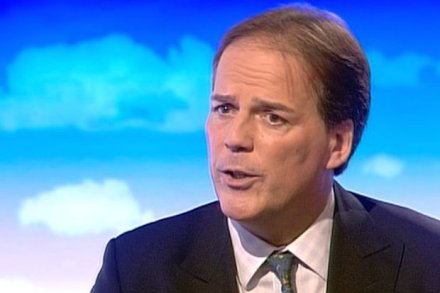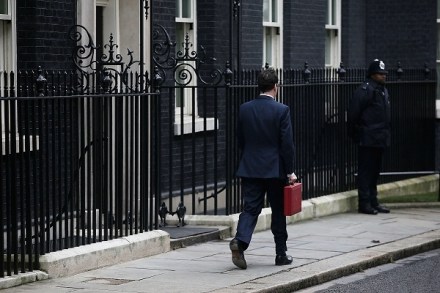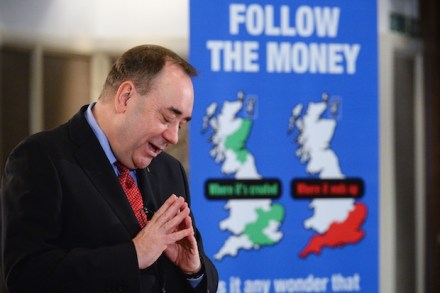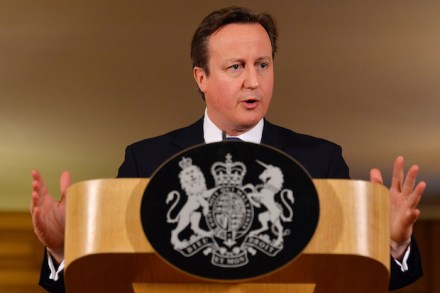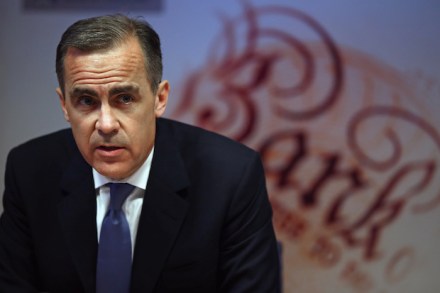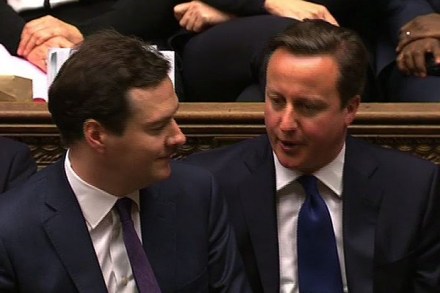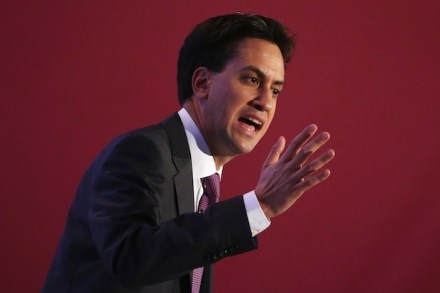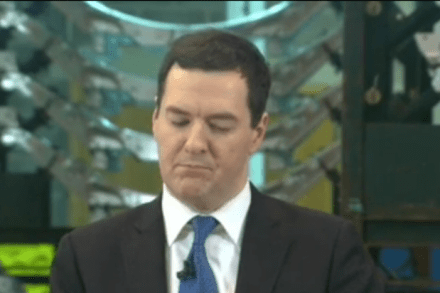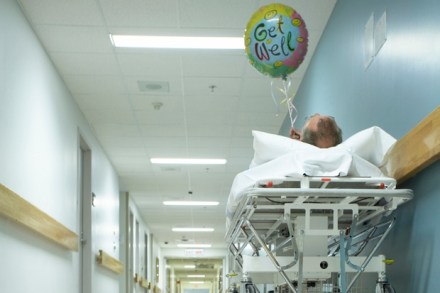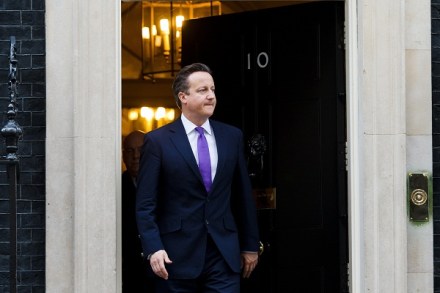‘Net migration’ is bogus. Maybe we should look at ‘net foreign migration’?
Mark Field, MP for Westminster, has set up a brand new campaign group of Tory backbenchers called Managed Migration – as opposed, you might think, to the unmanaged sort we have at present. But he’s not actually in favour of managing migration in the conventional sense; he wants the PM to drop the party’s commitment to containing overall numbers of net migrants to the ‘tens of thousands’ though there seems fat chance of that just now. Big increases in net migration, he says, are a tribute to the recovering economy. He’s got a point in one sense. As the economy improves, fewer Brits want to leave, which has an effect on net numbers.
